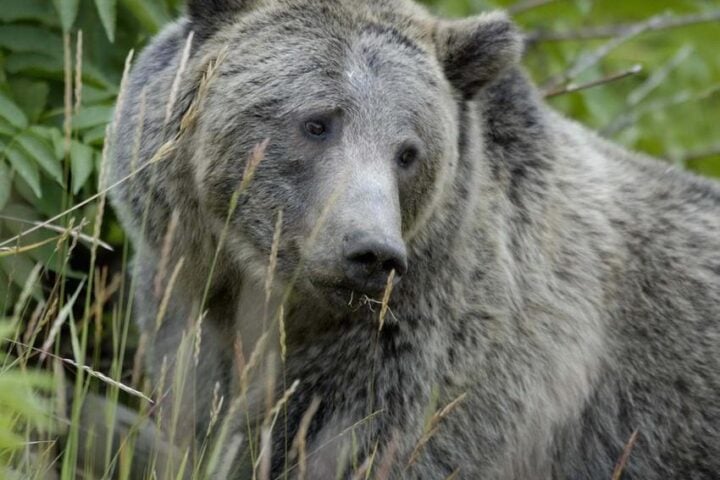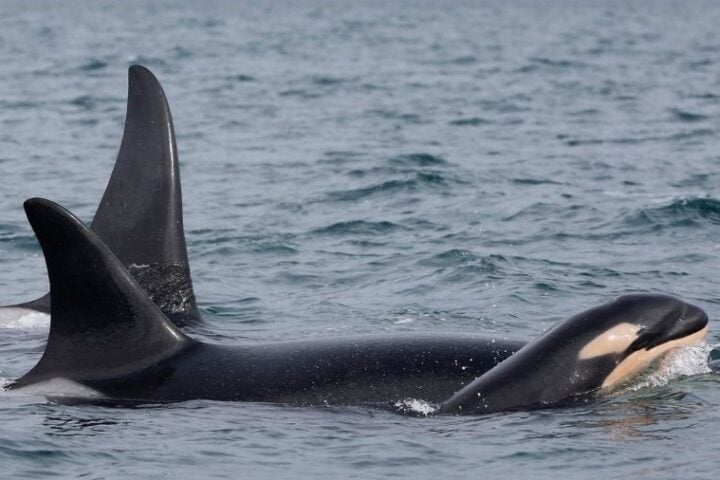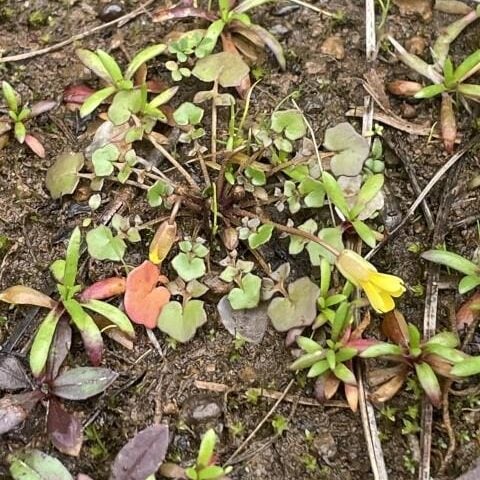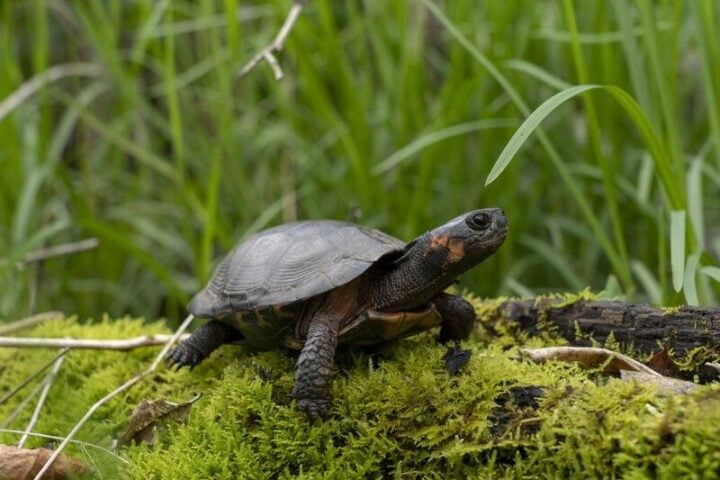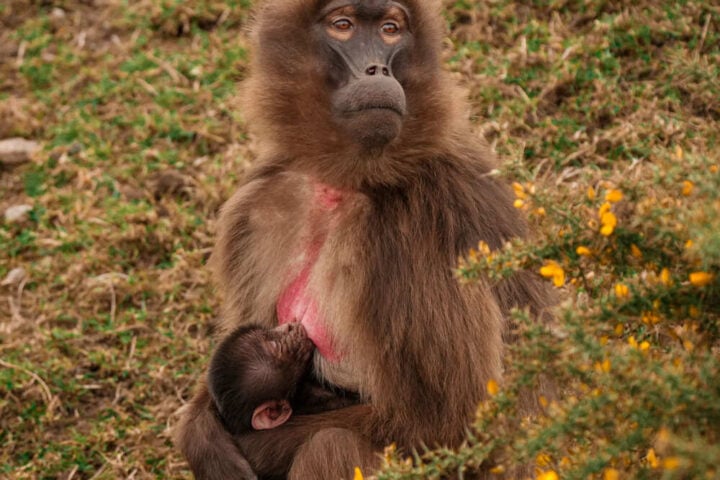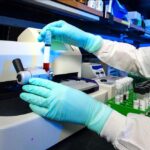Sea turtles are currently under threat due to warming seas and climate change. The warming seas and hotter beaches pose a challenge for sea turtles as they cannot adjust their nesting behavior sufficiently to mitigate the rising temperatures. The Colombian Sea Turtle Conservation Program (ProCTMM) is collaborating with Banana Boat and Wunderman Thompson Colombia on an eco project to protect sea turtles.
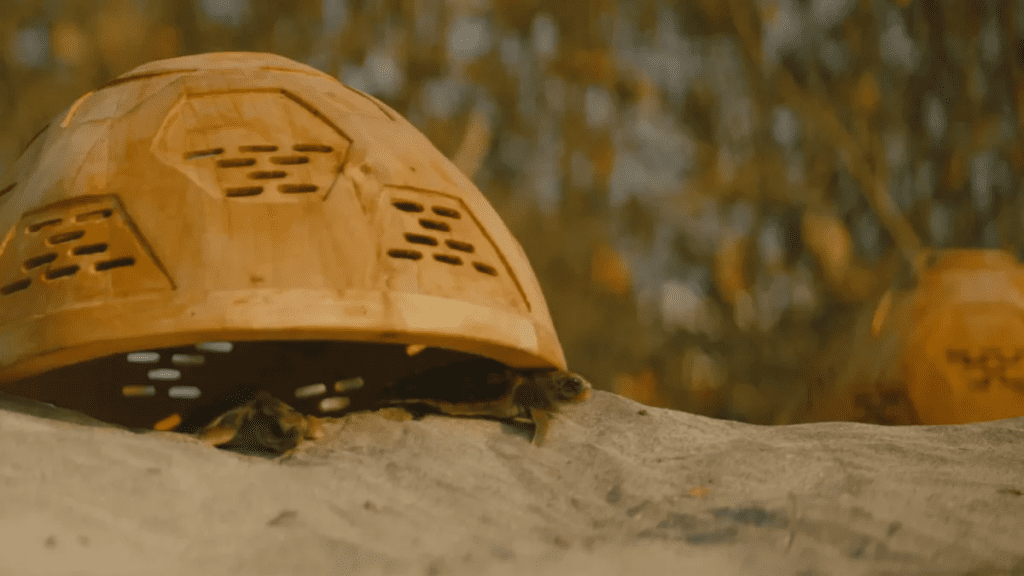
The initiative aims to lower the sand temperature during the incubation phase, as it influences the gender of sea turtle hatchlings. Eggs need to incubate at 27.7°C or lower for male sea turtle hatchlings to be born. In the last four years, 99% of sea turtles have been born female due to the warming temperatures.
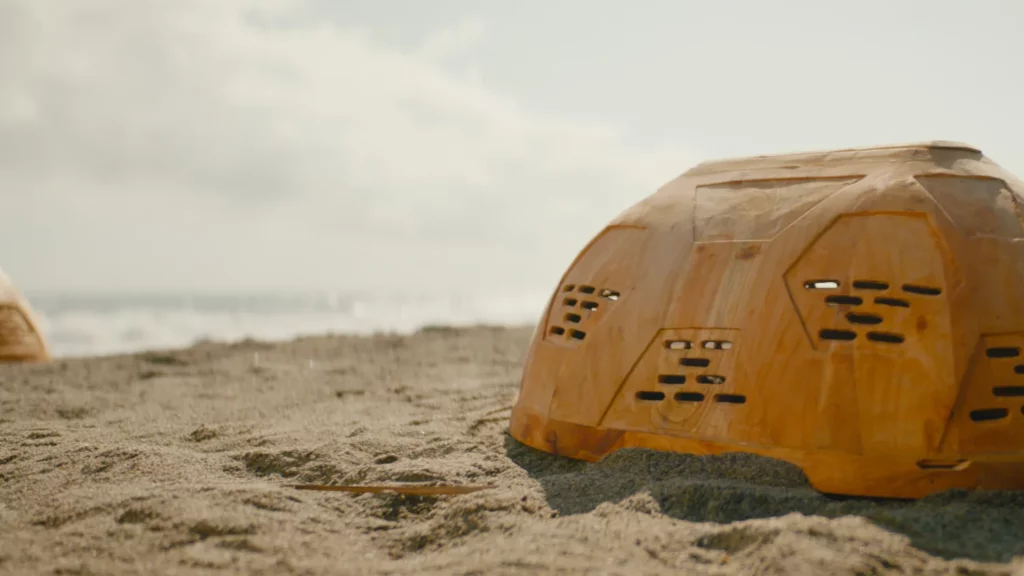
Nest Domes, inspired by the organic shape of turtle shells, have been developed to regulate sand temperature on beaches. The Nest Domes are made with natural materials and are designed to create proper conditions in terms of shading and ventilation for a better proportion of male and female hatchlings.
The project is a collaboration between Wunderman Thompson Colombia, Banana Boat, and The Colombian Sea Turtle Conservation Program (ProCTMM). The Nest Domes have an open-source blueprint that will be available for everyone to create and install on beaches globally. The nests have been designed with the help of marine biologists, engineers, local artisans, and designers.
Caribbean wood from Santa Marta, Colombia, which is part of the sea turtle’s ecosystem, has been used in creating the Nest Domes. The Nest Domes use light wood to reflect sunrays and have internal layers made of cork, a 100% bio-degradable and natural coolant material. The outer layer of the Nest Domes is covered with flaxseed oil to prevent humidity during rainfall.
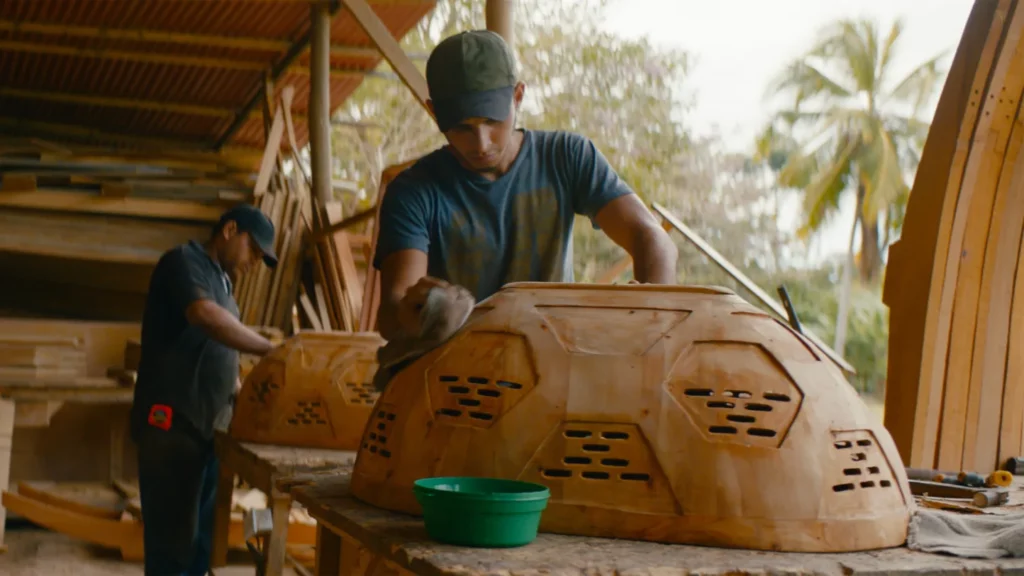
Handcrafted windows in the design facilitate proper circulation of wind and help push out hot air from the dome. Through the evolution of prototypes, the temperature in the nests has been successfully lowered by 4ºC. The project aims to recreate the pivotal temperature needed to achieve an even proportion of male and female sea turtles.
Sea turtles are currently classified as endangered. However, this project is expected to have a positive impact on their population. We worked alongside nature to create an innovative solution to help lower the temperature of sand and help creatures such as sea turtles thrive once again. It’s important work to be part of and we’re excited to be pioneering a project that could potentially have a huge impact worldwide.
Bas Korsten, Global Chief Creative Officer, Wunderman Thompson
Similar Post
Edgewell, the parent company of Banana Boat, aims to be a positive force for good and protect both humans and precious species like sea turtles. The Nest Domes are a global-scale solution, and their open-source blueprint will be available for everyone to replicate and install on beaches worldwide. The initiative hopes to reduce the impact of dangerous UV rays on both humans and other species in need of protection. The Nest Domes have undergone a successful pilot project in the beaches of Santa Marta, Colombia, with the support of fishermen and the local community.
The next phase involves testing and installing the Nest Domes on several beaches in Mexico and eventually expanding to other Caribbean coasts. The official launch of the Nest Domes took place at the 41st International Sea Turtle Symposium in Cartagena, Colombia. The symposium brings together a diverse community of sea turtle biologists, environmental practitioners, conservationists, Indigenous groups, researchers, academics, and advocates from around 60 countries.




The project is a pioneering effort that could have a significant global impact in protecting sea turtles and their habitat. The collaboration between Wunderman Thompson, Banana Boat, and ProCTMM demonstrates the importance of working alongside nature to create innovative solutions for the conservation of endangered species.

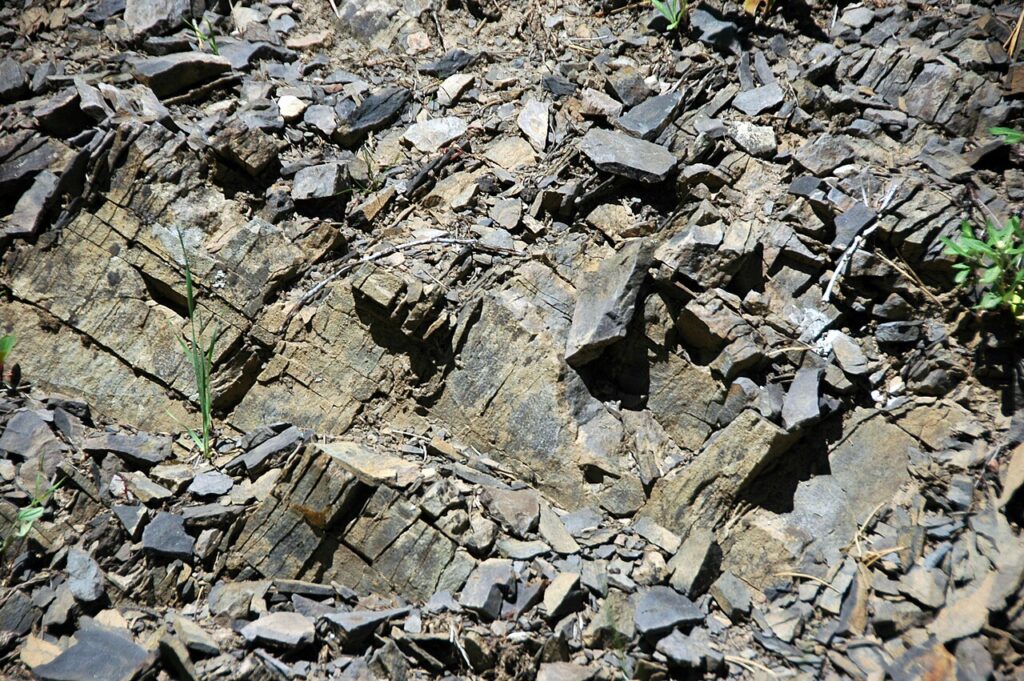

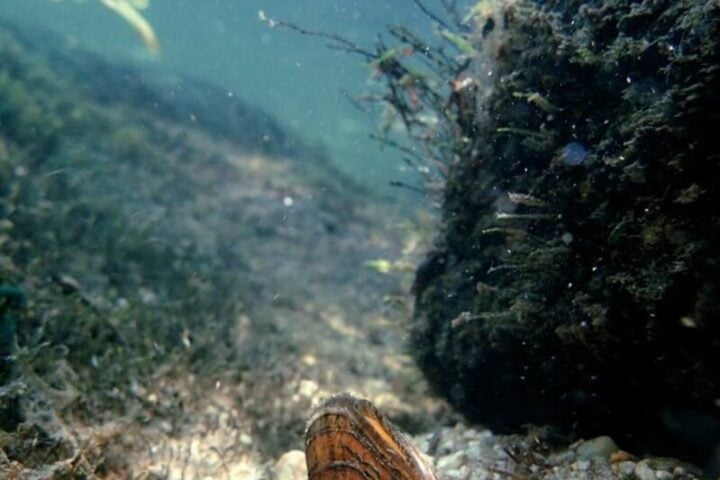
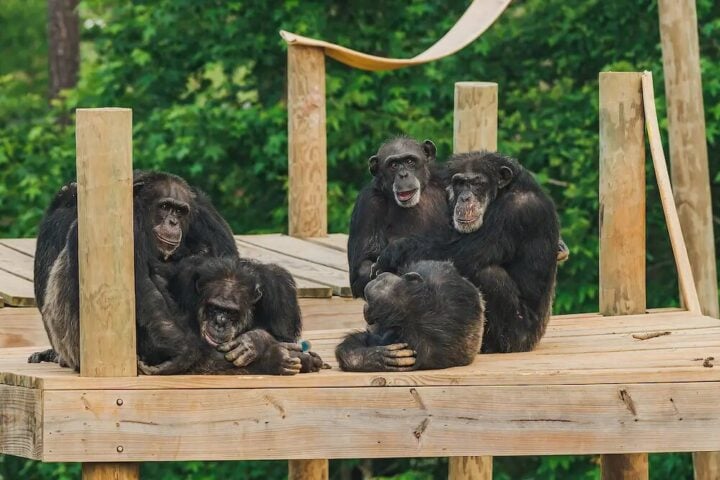

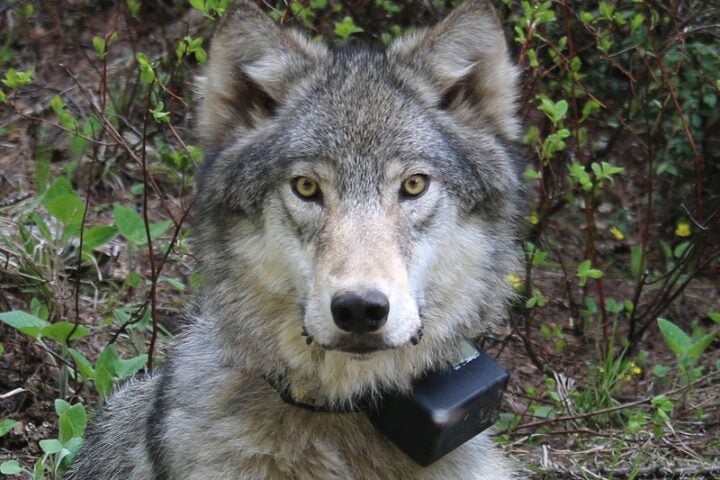
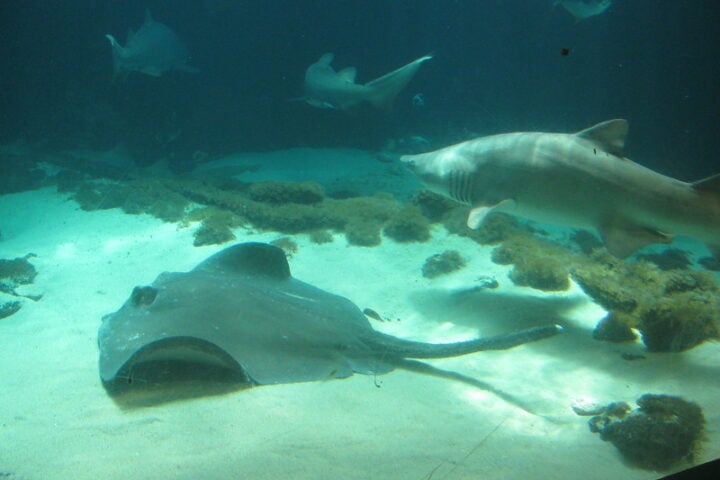
![Representative Image: European Starling [49/366]. Photo Source: Tim Sackton (CC BY-SA 2.0)](https://www.karmactive.com/wp-content/uploads/2025/04/Starlings-Drop-82-in-UK-Gardens-as-Birdwatch-2025-Reveals-Record-Low-Count-Since-1979-720x480.jpg)
